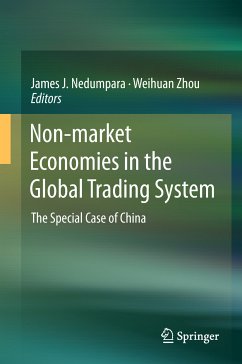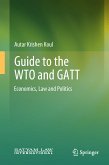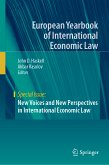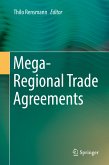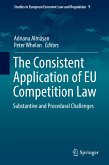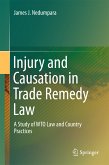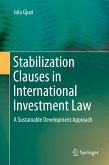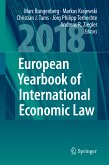This book provides one of the most comprehensive and compelling analysis of Non-Market Economies (NMEs) and their treatment under the current world trading system. In particular, it examines the treatment of China as an NME in anti-dumping investigations, especially post-December 2016. Central to this analysis is Section 15 of China's Protocol of Accession to the WTO, which is the focal point of the controversy between China and other major WTO Members. The book highlights multiple perspectives on the interpretation of Section 15 and the Second Ad Note to Article VI of the General Agreement on Tariffs and Trade (GATT), which form the legal basis for China's special treatment in anti-dumping proceedings, and provides unique approaches on interpreting the above treaty texts. In addition, the book explores recourses to trade remedy instruments other than anti-dumping to identify and address state-driven market distortions in the case of NMEs. Authored by leading practitioners and scholars, the chapters offer a detailed commentary and rich insights into the diverse approaches and methods used by anti-dumping investigation agencies of leading users. This book serves as an all-inclusive resource for discerning all facets of this issue, magnitude of the consequences, and potential threats to the delicate trading system. It is of particular relevance to economies-in-transition and newly acceding countries to the WTO. This book generates special interest among legal practitioners, exporters, trading firms, think tanks, academicians, policy makers and the entire community engaged in international trade disputes with China.
Dieser Download kann aus rechtlichen Gründen nur mit Rechnungsadresse in A, B, BG, CY, CZ, D, DK, EW, E, FIN, F, GR, HR, H, IRL, I, LT, L, LR, M, NL, PL, P, R, S, SLO, SK ausgeliefert werden.

